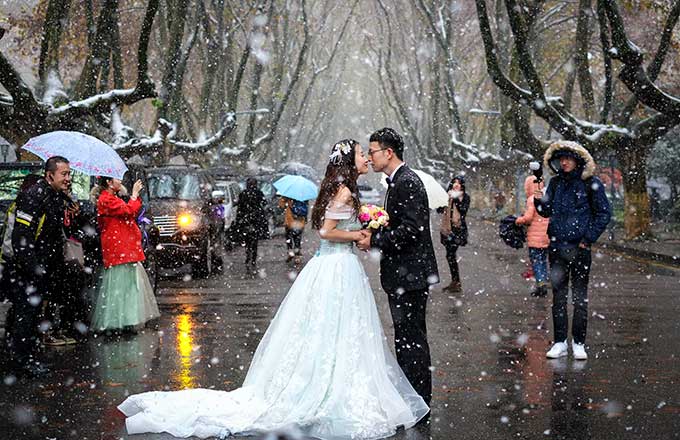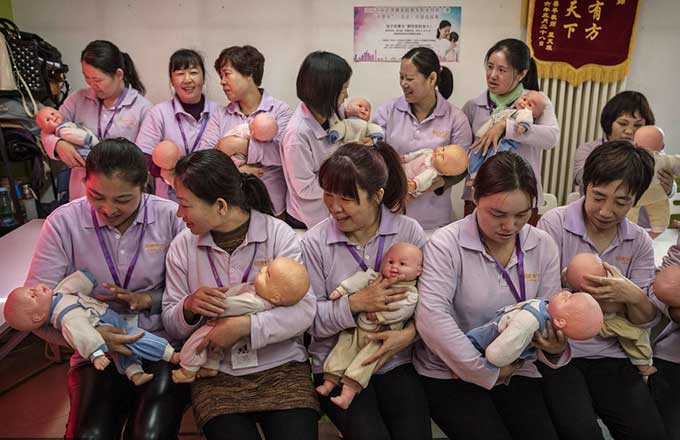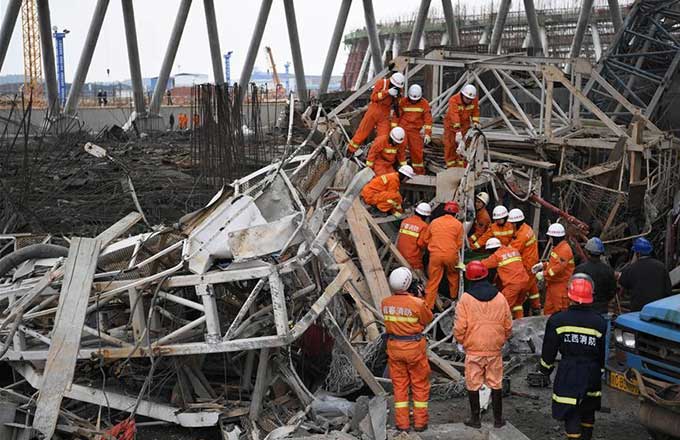China to formally launch system of consular protection volunteers for travellers
A system of 'emergency' consular liaison volunteers will be formally launched by China's Foreign Ministry by the end of the year.
The service, offered by its overseas embassies and consulates, will give help to Chinese citizens in the first instance if they find themselves in difficulty abroad, reports the Beijing News.
It comes as an increasing number of Chinese people travelling around the world for business or tourism, encounter problems as they go.
The first batch of 27 Chinese residents from 23 countries has arrived in Beijing for an 11-day consular protection liaison training programme. They will be given an understanding of China's diplomatic work and consular protection, and related legal issues, as well as required knowledge and skills such as security and emergency rescue.
The ministry started to pilot the consular protection liaison system at the beginning of this year in Chinese embassies and consulates in 20 countries, following the experience of several pioneer embassies and consulates.
As embassy and consulate staff are limited, it has become necessary to utilize civil resources efficiently, said Yang Shu, executive deputy director of the ministry's Centre for Consular Assistance and Protection.
When Chinese citizens encounter problems in foreign countries, consular protection liaison volunteers can go to their aid if embassy and consulate staff cannot arrive immediately, said Yang.
The liaison volunteers are mainly Chinese residents in foreign countries, Yang said, they are not officials of the embassies and consulates, but offer services to Chinese citizens on a voluntary basis.
Details on how they are selected, and the kinds of things they should do, and what support they can get will be further explained after the establishment of the system, said Yang.
Yin Fei, an inspector with the Beijing Government's Foreign Affairs Office, said although the Chinese government has the responsibility to help Chinese citizens when they meet with danger or difficulties in foreign countries, consular protection is not unlimited.
China's consular protection will only be offered to people with Chinese nationality, with the willingness of the citizen, and within the framework of law, Yin said.
As an example, If a Chinese citizen doesn't follow the instructions of a foreign museum and breaks a cultural relic there, consular protection will include negotiating with the foreign government to treat the person concerned humanely and protect his necessary legal rights such as finding lawyers, contacting relatives and offering translation services, said Yin. "However, our government, embassies and consulates, cannot work beyond the law," he said. "We can help you, but cannot exempt you from legal punishment or compensation."



















